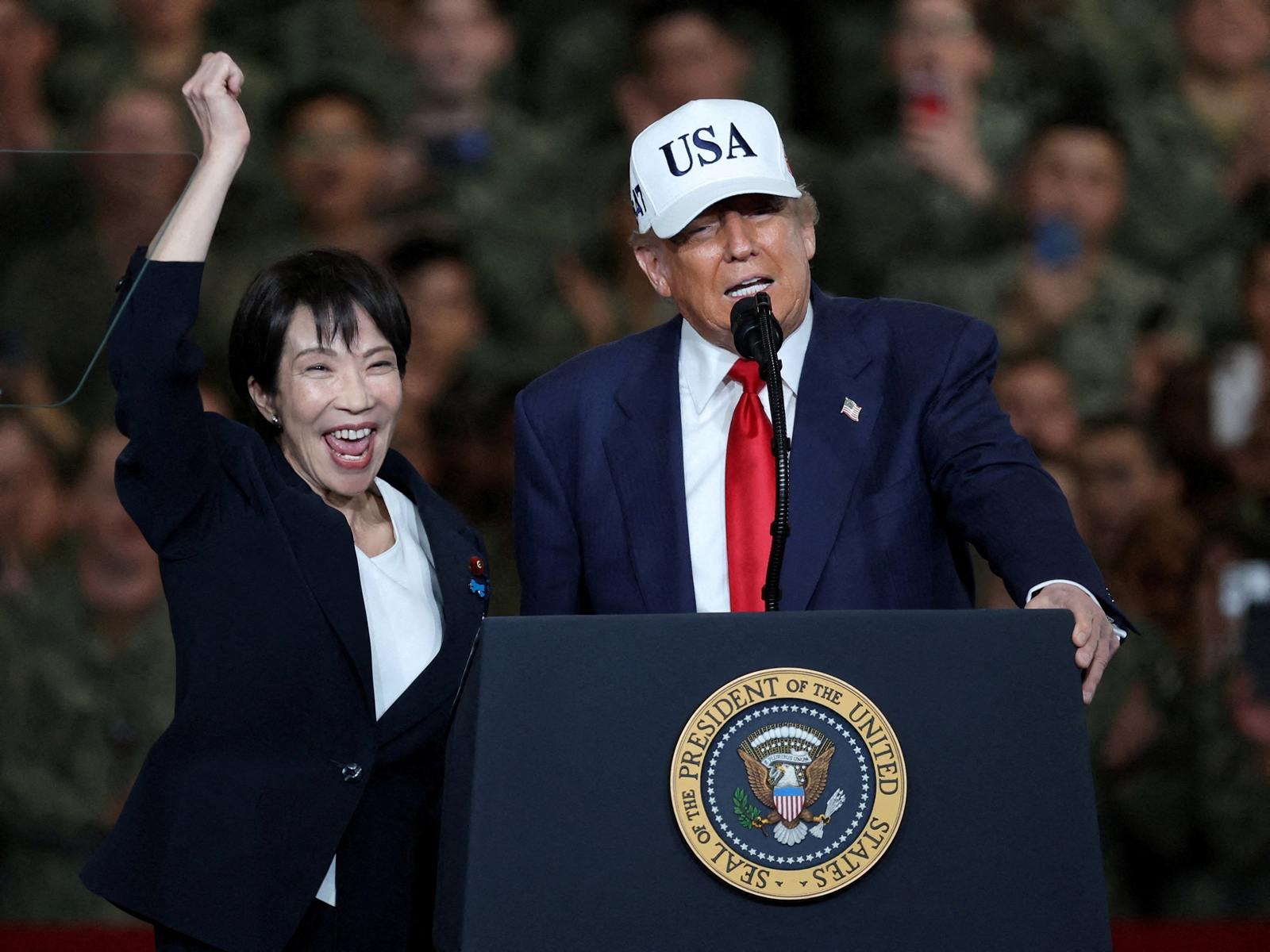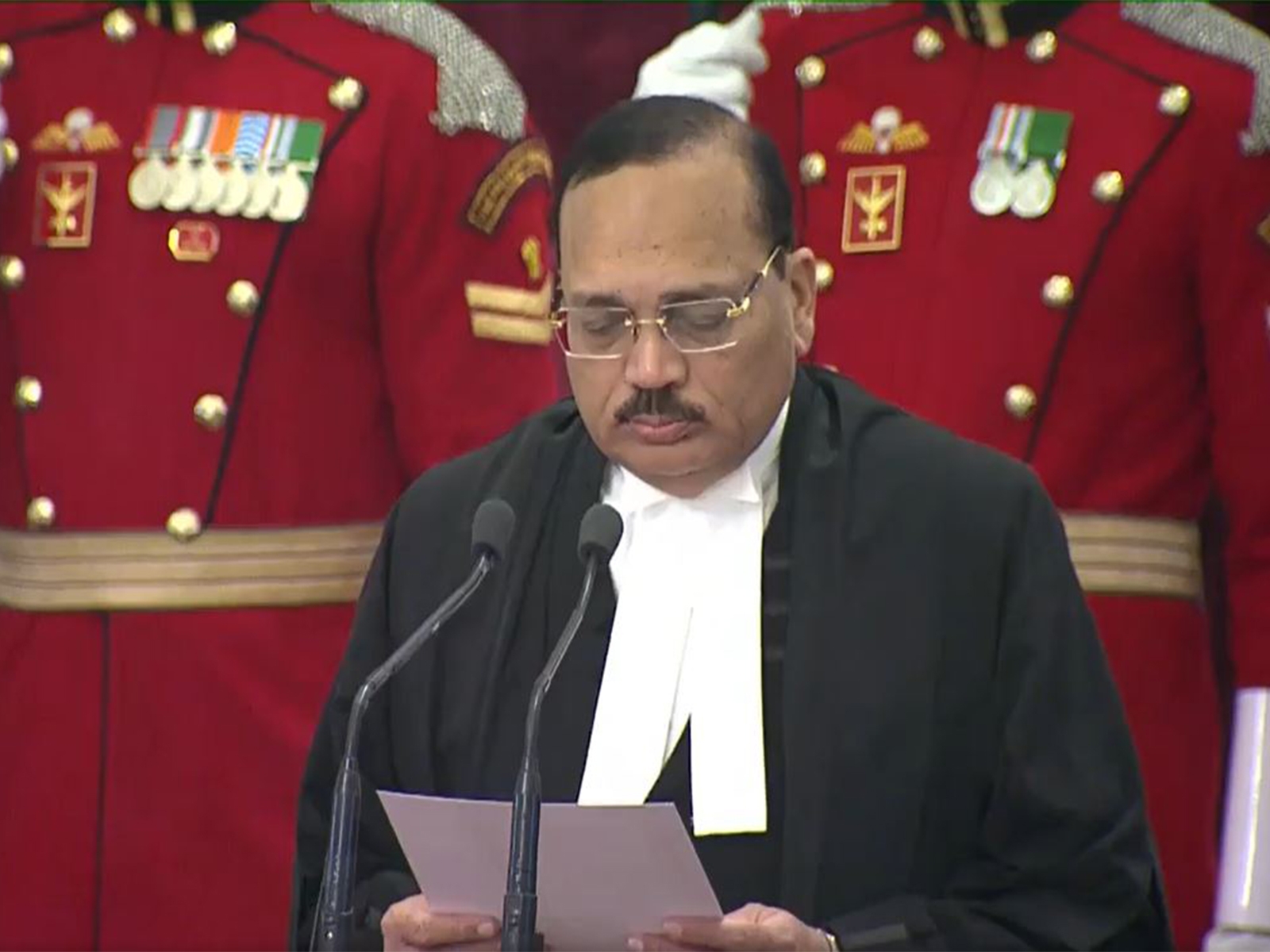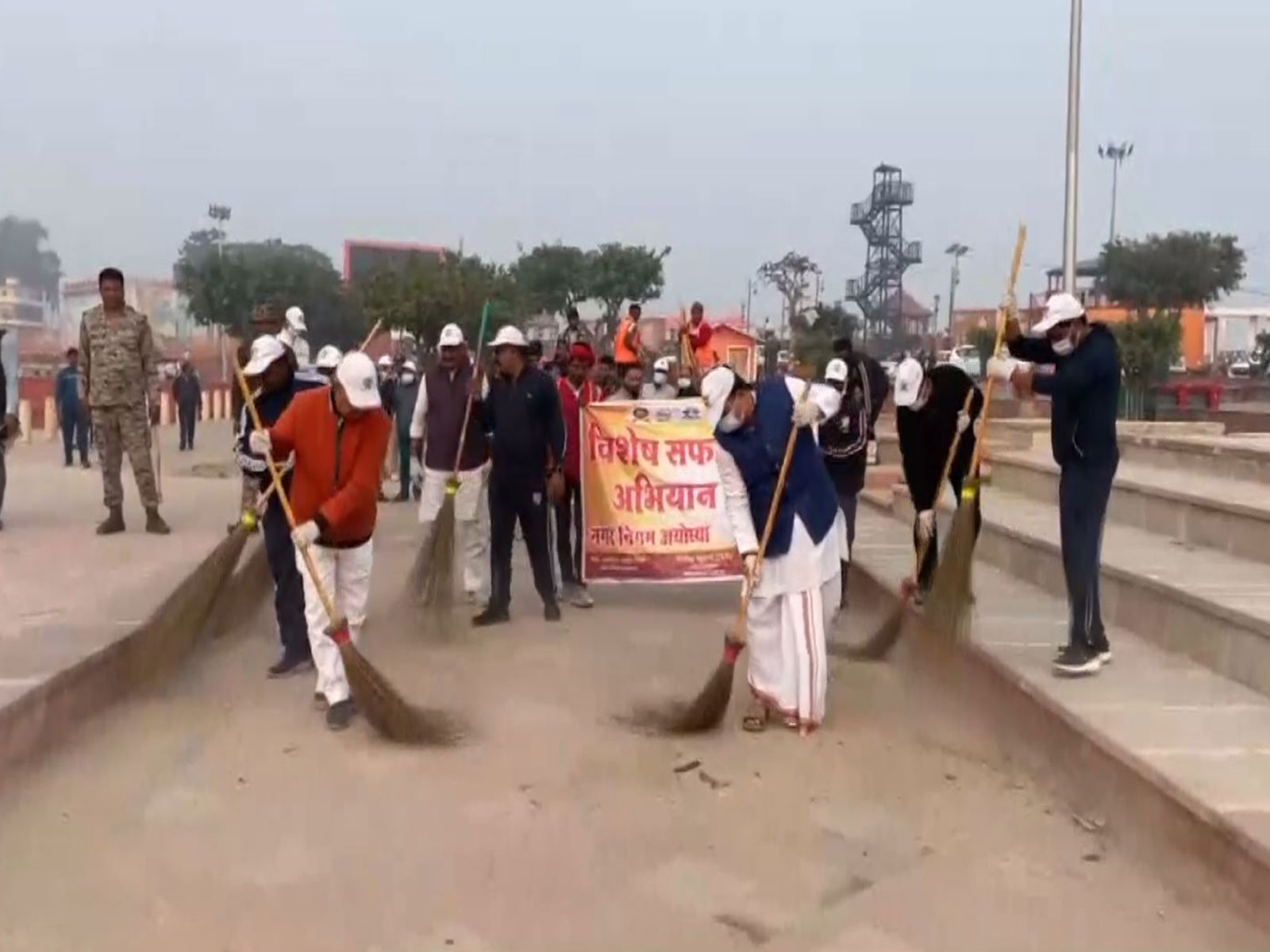Underdogs' Cup: Germany's group summed up the change in footballing order

Everybody loves an underdog story, a hero or an institution that goes from rags to riches and sets an inspiration for the rest of us. Maybe that is why, when Kim-Youngwon slashed the ball into the German net, the world (bar Die Mannschaft fans) erupted in joy.
Consequently, football’s latest import, Video Assistant Referee (VAR) system verified that the goal was indeed legal as it had come from a touch of Toni Kroos. It was ironical, in the sense that Germany’s hero in the last game, had turned into a villain. As the French say it, c’est la vie, such is life. Further irony was in store for the Europeans though, as Manuel Neuer’s overexploitation of the notion of a sweeper-keeper was what led them to concede the second goal, the final nail in their coffin.
The Bayern Munich goalkeeper was caught in possession deep into added time in the Korean half, and a long ball forward was rolled into the goal by Son Heung-min. The tie was settled, the defending champions were out in the group stage, humbled by the minnows of Asia. It was ecstasy mixed with frustration and regret, the likes of which can only be seen in a competition of the magnitude of a World Cup.
Joachim Low, the German manager, was remarkably composed in the press conference that followed the game. By that time, news of Sweden thrashing Mexico in the other game had also come in, which meant the 4-time World Champions, would actually finish the group in the last spot. If ever there was a lesson in modesty, this was it.
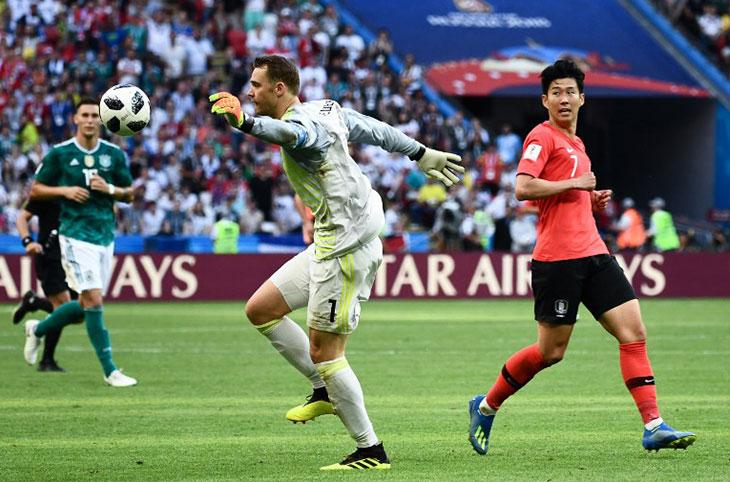
Arrogance played a huge part in Germany’s exit
Speaking to the media, Low admitted that arrogance had played its part into coaxing the Germans to believe that other sides would simply roll over for them. The defeat against Mexico and the last-ditch win over Sweden had failed to teach them the lesson that there are no pushovers in the Mundial; everyone is there to fight and win.
Sub-par performances from the players, most notably the likes of Thomas Mueller, Mesut Ozil, Mats Hummels and Jerome Boateng had only just compounded the problems. Blinded by his belief in the big names, Low had failed to choose deserving candidates like Leroy Sane, Philip Max and Timo Horn, going instead gone for the proverbial big names.
German lacked any in-form footballers
The most shocking proof of their haughtiness was, of course, the fact that there was not a single, in-form footballer in the team, who could grab a game by the scruff of its neck or beat defenders one or one. Every team, small or big has at least two players who attack directly and take on defences one on one. So when opponents “park the bus”, they have someone to go hammer and tongs at them.
Apart from an injury prone Marco Reuss, most of Germany’s squad was composed of ball-players. You cannot win a World Cup by passing the ball into the back of the net; you need a focal point to base your attacks on. Mario Gomez has been out of form for a while and Timo Werner was not mature enough yet to lead the line. A lack of aggression, directness and a sense of entitlement meant that a disaster was waiting to happen and that’s exactly how it transpired.
Mexico and South Korea adding fuel to the fire
Given the drama associated with the last group phase of each World Cup, there is no doubt that it is in fact, the most nail-biting one. Teams like Mexico and South Korea have only added fuel to the fire this time around, with the latter going on a roller-coaster ride during their face-off against Germany. The Asians went into the game knowing that only a win from Mexico would help them get through but that was not to happen. They made an excellent case for themselves in the opening matches but had run out of luck at critical moments.
Against an out-of-sorts Germany, they held their own and mustered several chances of their own throughout the game. The heroics of Cho Hyun-moo under the crossbar helped their cause and enabled them to finish the game off in the dying moments but the dream remained unfulfilled. The Korean players collapsed on the pitch in exhaustion and in joy, an emotional juxtaposition like no other: they had won the battle but not the war.
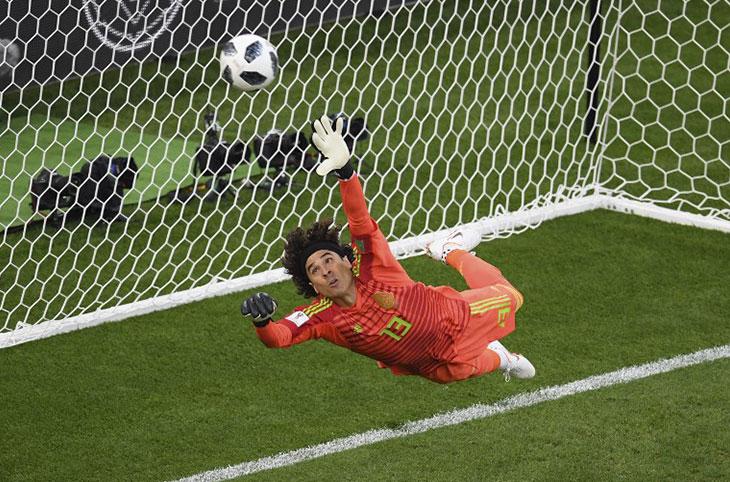
Mexican fans, on the other hand, were jubilant and overjoyed. Despite crumbling under pressure to Sweden, they had gone through in second place. A historic win over Germany in the first match and a late-winner over South Korea meant that they were going to qualify mostly, but the element of drama was always there. A loss of more than 3 goals and a German win could see them go out despite their six-point tally.
Major drama on the last day
So, when Edson Alvarez tucked the ball in his own net, after Granqvist and Claesson had scored for Sweden, the nightmare was coming true for the fans of El Tri – they had let in three goals and now all depended on South Korea. To their relief, the bottles of tequila that they had stocked up to celebrate their passage into the knockouts would not go to waste: the Koreans had delivered a major upset.
Hirving Lozano’s heroics, Javier Hernandez’s tears and Carlos Salcedo’s grit had paid off: they were going to face the winners of Group E in the Round of 16. As it turns out, their opponents are none other than mighty Brazil, historically a team that has dominated them.
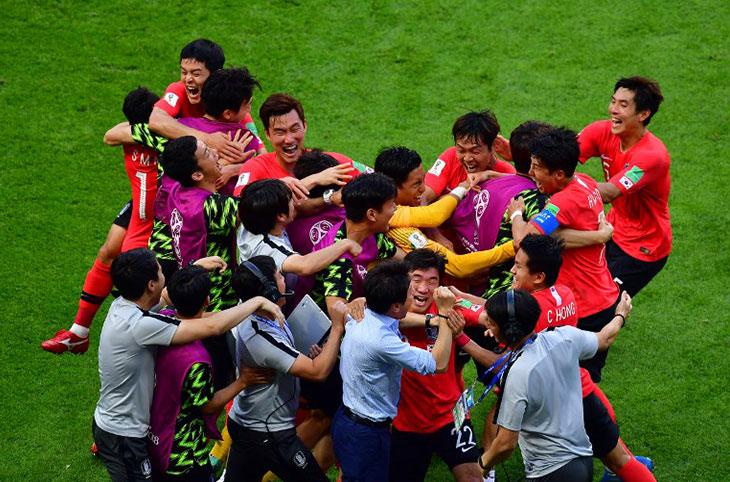
Brazil can’t afford to take their North American counterparts lightly
The South Americans will, however, not take their North American counterparts lightly. They know full well they have already spoilt the party for one of the tournament favourites. The Selecao are much better than the Die Mannschaft though, in terms of team chemistry and player quality. With both Thiago Silva and Miranda in impeccable form, the likes of Carlos Vela and Lozano will find it very difficult to break down the Brazilian defence.
Up front, the likes of Neymar, Coutinho and Gabriel Jesus will be confident of breaching the Mexican backline, having scored 5 goals in 3 games and looking increasingly confident with each passing game. All in all, it seems unlikely that Guillermo Ochua and his mates will progress any further. Barring a meltdown from the Canarinhas, the fate of this tie should be a foregone conclusion.
The Swedish are well prepared to take on the Swiss
Sweden, on the other hand has been methodical in their approach since the first game. A win over South Korea followed by a last minute defeat to Germany and wrapped up by a confident dismantling of Mexico: the Swedish could not be better prepared to take on Switzerland in the next round of matches. Contradictory to popular opinion, Zlatan Ibrahimovic’s retirement has actually helped the side to coagulate and function as a team. Janne Andersson’s side may not have a superstar in their ranks but they are a superstar in total.
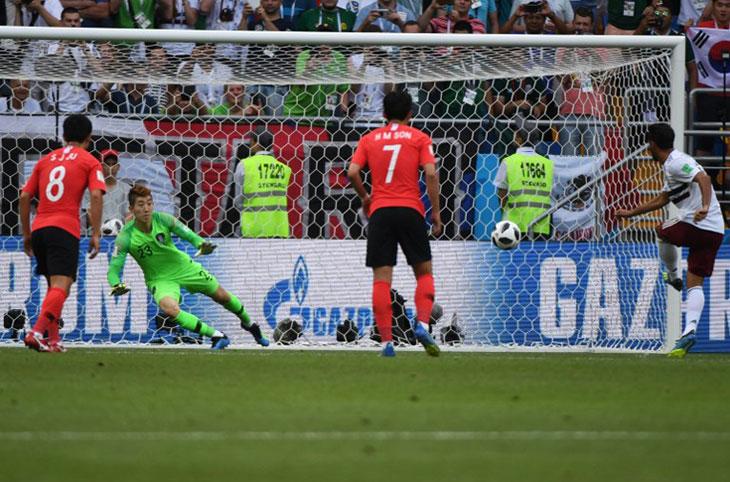
Led by the exemplary Andrea Granqvist and built around the attacking talent of Emil Forsberg, the Blagult (Yellow Blue) will be facing a team that is built around the ethos they share. Based on the direct football of Xherdan Shaqiri, the play- making abilities of Granit Xhaka and the steeliness of Stephen Lichtsteiner, all of whom have caught the eye with their performances in the Mundial, the Swiss also prefer team over individual and substance over style. This tie may not be as high-
profile as an Argentina versus France, but it has all the elements to be an epitome of the significance of the FIFA World Cup.
Gradually developing as a Cup for the Underdogs, this World Cup has seen less-fancied Asian sides pick up a massive 15 points in total so far. The gap between the historically bigger teams and their smaller teams is gradually being bridged with the advent of technology and tactical flexibility and so it is likely that such discountenance is set to occur more and more, as was shown by the way the seemingly settled Group F exploded wide open on the final day. Not that we are complaining, after all who doesn’t love an Underdog story?
Timings(in IST):
- Brazil v Mexico: 7:30 PM, 2 July
- Sweden v Switzerland: 7:30 PM, 3rd July






![BJP's Kapil Mishra recreates Shankar Mahadevan’s ‘Breathless’ song to highlight Delhi pollution [WATCH] BJP's Kapil Mishra recreates Shankar Mahadevan’s ‘Breathless’ song to highlight Delhi pollution [WATCH]](https://images.catchnews.com/upload/2022/11/03/kapil-mishra_240884_300x172.png)

![Anupam Kher shares pictures of his toned body on 67th birthday [MUST SEE] Anupam Kher shares pictures of his toned body on 67th birthday [MUST SEE]](https://images.catchnews.com/upload/2022/03/07/Anupam_kher_231145_300x172.jpg)


